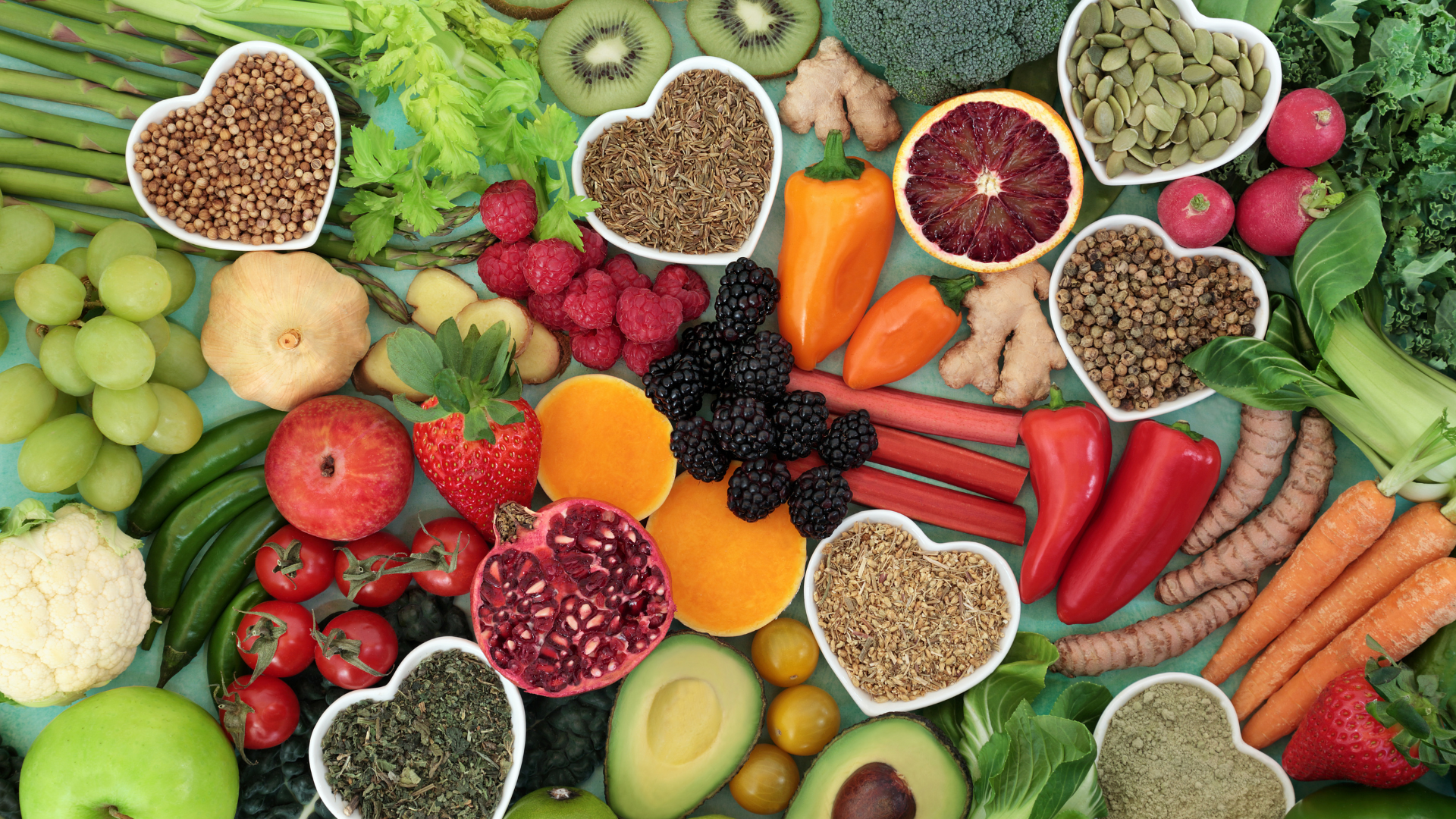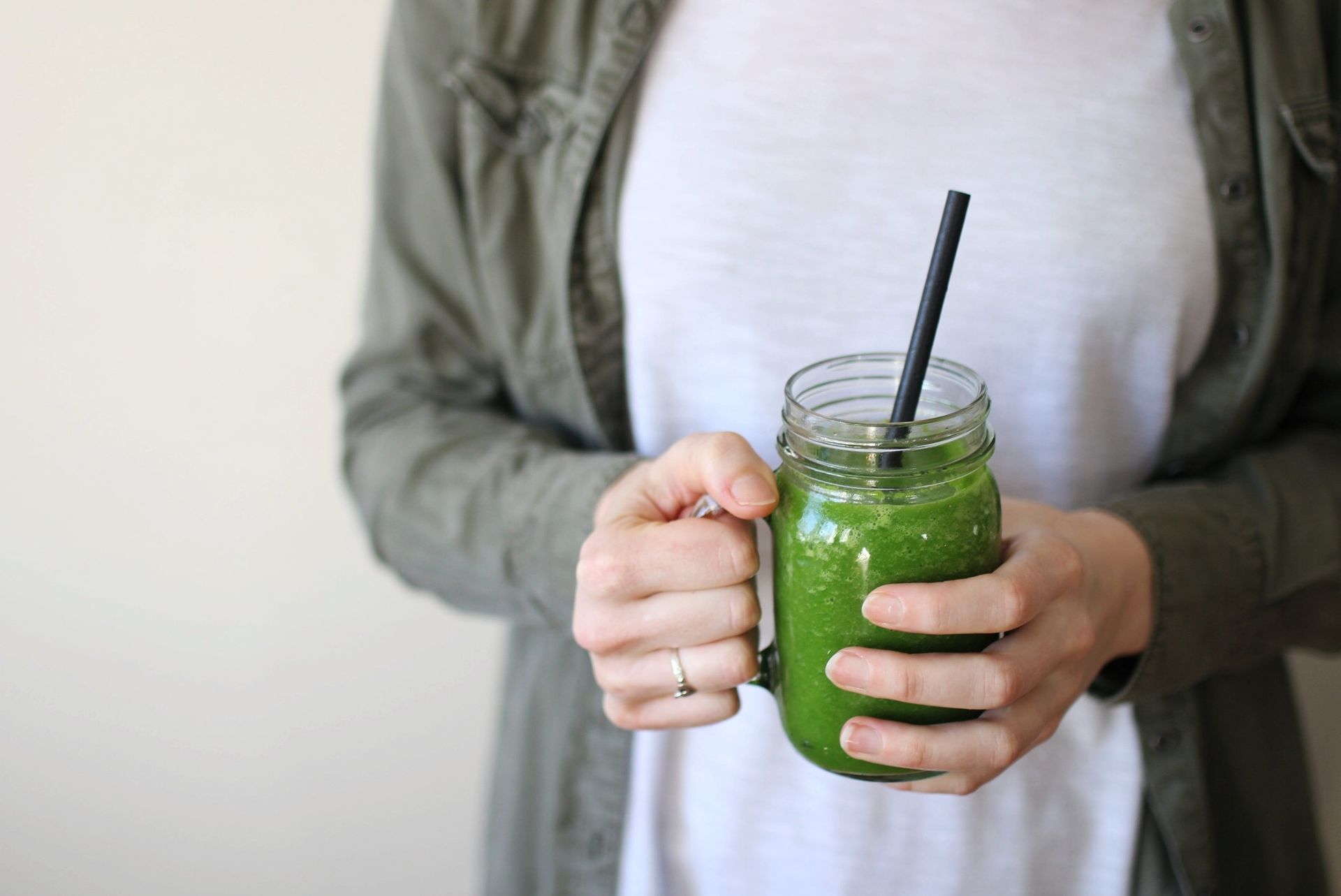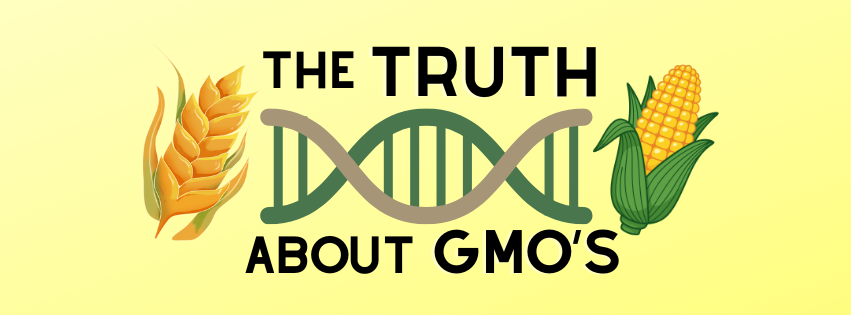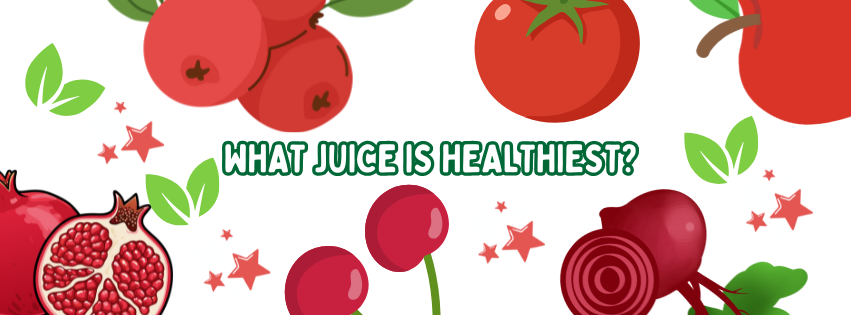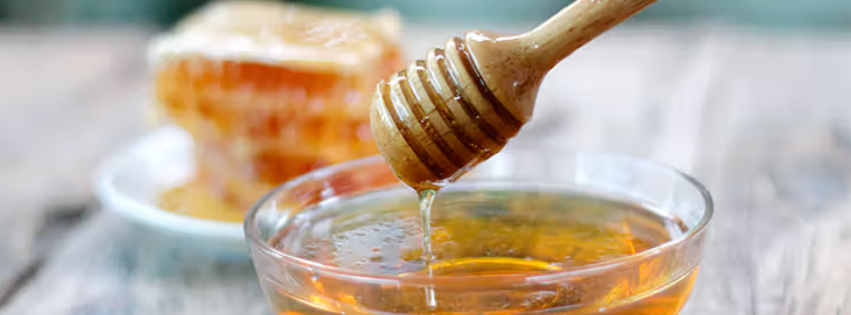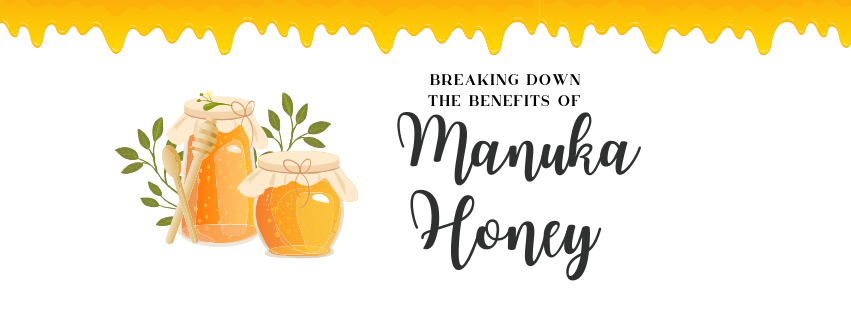All About Honey
Honey: Liquid Gold or Sticky Mess?
With all the talk about different sweeteners lately, we thought we'd go on a deep dive into one of the oldest sweeteners known to human kind-- honey!
Background
How long has honey been around for? Hard to say because it has been around as far back as we can record. Cave paintings in Spain from 7000BC show the earliest records of beekeeping, however, fossils of honey bees date back about 150 million years.
This substance has been on Earth so long it has learned to develop itself into great nutrient that can aid many different aspects of our lives!
Benefits
Honey is rich in nutrients and antioxidants, has antibacterial properties, and can play a role in diabetes management as part of a balanced diet.
It specifically contains phenolic acids and flavonoids, which aid in heart health. Honey does raise your blood sugar, however, the antioxidants it contains may help protect against metabolic syndrome and type-2 diabetes.
It has also been found that honey increases adiponectin levels, a hormone that reduces inflammation and blood sugar regulation. However, while honey may be slightly better than refined sugar for people with diabetes, people should consume it in moderation
Honey can also be used to heal wounds and burns, which could be more effective than using things like gauze and linen, all because of its antibacterial and anti-inflammatory qualities.
Raw vs. Regular
Raw Honey has a lot of nutrients in it.
There are about 22 amino acids, 31 different minerals and many different vitamins and enzymes. The only downside is that the nutrients are only present in trace amounts.
Raw honey's most impressive feature is that it has almost 30 types of bioactive plant compounds. These are called polyphenols, and they act as antioxidants. Many studies have shown that these antioxidants are associated with impressive health benefits like reduced inflammation and a lower risk of heart disease and certain cancers.
Regular honeys may contain fewer antioxidants due to processing methods. For example: one study compared the antioxidants in raw and processed honey from a local market. They found that the raw honey contained up to 4.3 times more antioxidants than the regular kind.
Surprisingly, Bee pollen is actually nutritious and contains over 250 substances, including vitamins, amino acids, essential fatty acids, micronutrients and antioxidants.
In fact, the German Federal Ministry of Health recognizes bee pollen as a medicine.
It has been linked to many notable health benefits. Studies have found that it may help against inflammation and improve liver function. It also has properties that may help fight against heart disease and stroke.
Sadly, the processing methods regular honey's go through can remove bee pollen. In fact, one unofficial study analyzed 60 samples of commercial honey brands and discovered that over 75% of all samples contained no pollen.
Risks of Eating Raw Honey
Raw honey can contain spores of the bacteria Clostridium botulinum.
This bacteria is especially harmful to babies or children under the age of one. It may cause botulism poisoning, which results in life-threatening paralysis.
However, botulism is very rare among healthy adults and older children. As the body ages, the gut develops enough to stop the botulinum spores from growing.
That said, if you experience side effects such as nausea, vomiting and diarrhea soon after eating raw honey, you should see your doctor immediately.
Note that regular honey may also contain Clostridium botulinum spores. This means babies or children under one year old should also avoid it.
Options in Our Store
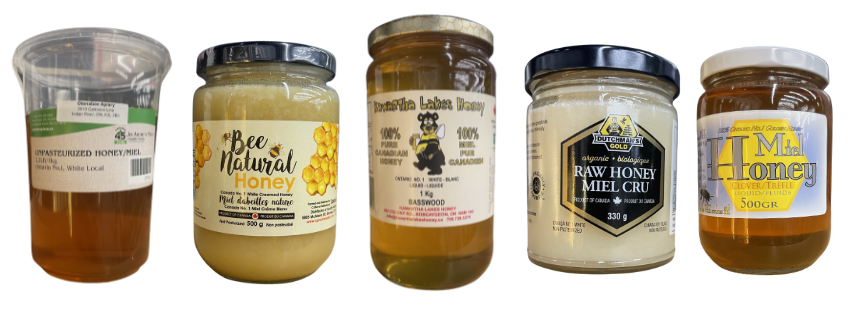
We have many options for honey in our store that are all raw and unpasteurized.
Jo Anne's Place: Our own signature unpasteurized honey. Locally-made and absolutely delicious. Just spread a bit on your next piece of toast an you'll see why so many customers keep coming back to stock up on this incredible raw honey.
Bee Natural Honey: This honey product from SproutMaster is kept as raw as possible. Ensuring you are able to get all the nutrients you can.
Kawartha Lakes Honey: Locally-made and a brand you've probably heard of already, Kawartha Lakes Honey is 100% pure and unpasteurized.
Dutchman's Gold: Organic and 100% pure are just a few of the reasons their unpasteurized Organic Raw Honey is so good for you! From calming a nagging cough to soothing a sore throat, stock your pantry with their delicious and healthy Organic Raw Honey and bring the benefits of Canadian nature straight to your table.
Otonabee Apiary: Another locally-made honey you may be familiar with, Otonabee Apiary makes a great raw honey that will satisfy both your taste buds and your overall health!
Conclusion
Honey has many health benefits, but most of them are only obtained through raw honey. While raw honey can be beneficial for your body in a number of ways, it is still recommended that you use it in moderation, as it does include high sugar content. But if you're going to eat honey, you might as well eat it raw. Contact your doctor if you have any problems after ingesting raw honey, but you should be fine enjoying this sweet and nutritious treat.
